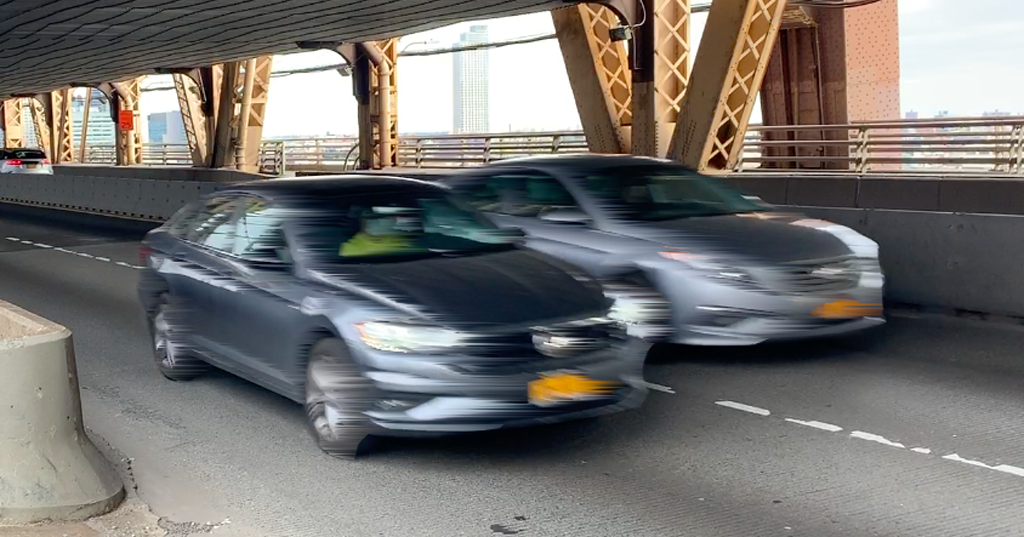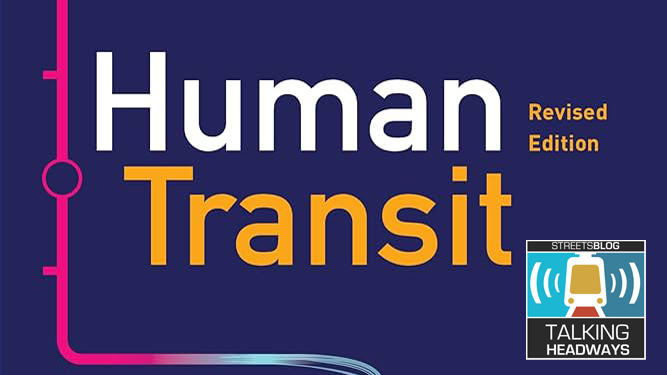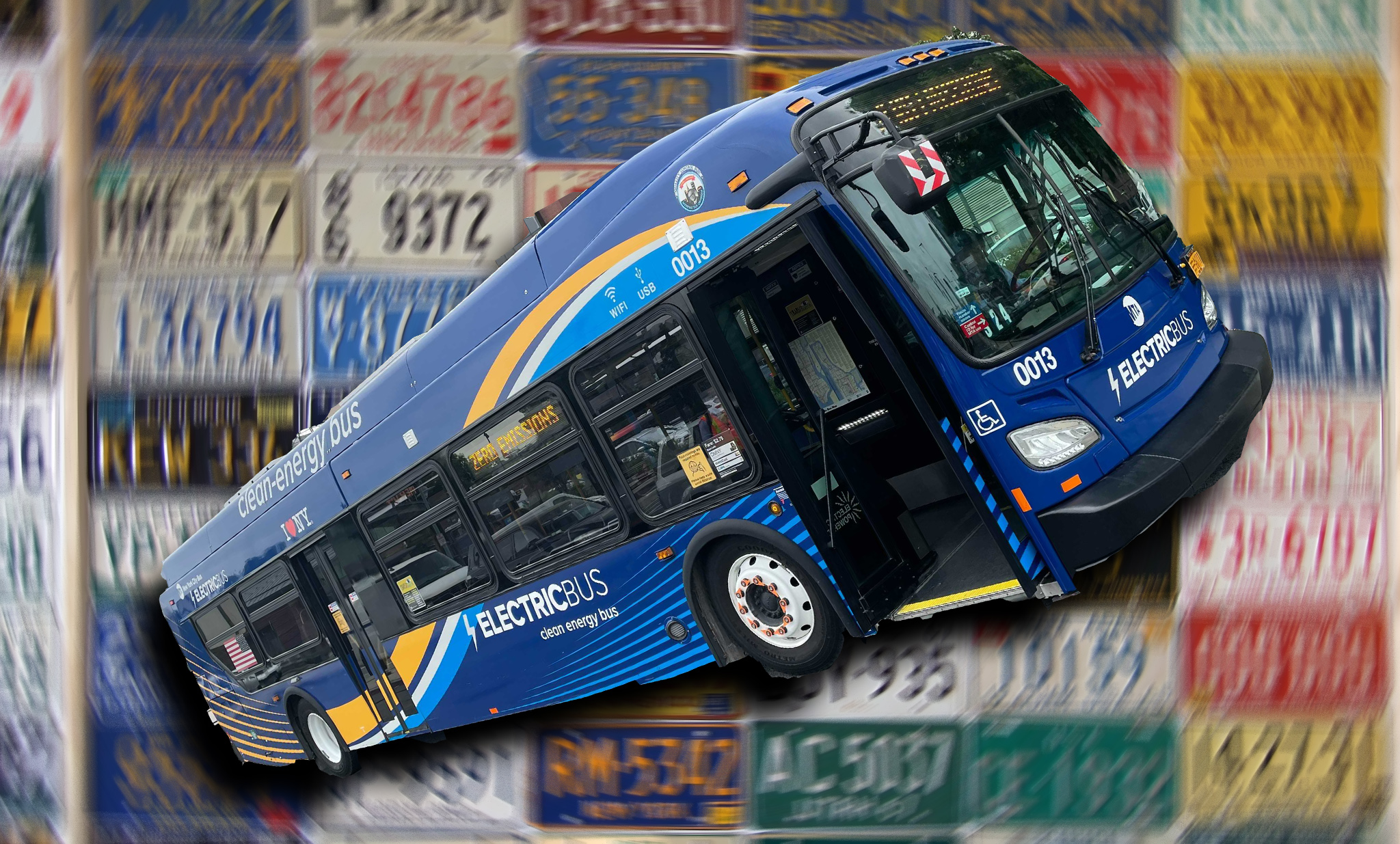Dangerous drivers would be forced to slow down thanks to in-car technology under a first-in-the-nation bill that just passed in the Washington, D.C. City Council — legislation that advocates hope will provide a model for holding the worst drivers accountable.
The District's new Intelligent Speed Assistance Program would allow its Department of Motor Vehicles to install devices that slow down the vehicle based on the speed limit. These “speed governors” would be installed in the cars of drivers whose license was suspended or revoked for excessive speeding.
The speed control devices are modeled on ignition interlocks that are often installed on the cars of convicted drunk drivers, requiring them to blow booze-free air before their car will start.
Mayor Muriel Bowser has expressed concern over the $123 million estimated cost of the program, but the bill's sponsor, Council Member Charles Allen, said that some of the cost would be covered by the existing enforcement camera system, bringing the overall budget to about $77 million.
If signed by Bowser (and rubber-stamped by Congress), the bill would require participants to remain in the speed governor program until they demonstrate good driving behavior for one year. The time in the program increases by one year for each additional conviction. The bill, which passed unanimously, also increases points for police-issued infractions and increase penalties for drunk drivers.
Like many places with speed-enforcement cameras, drivers in D.C. can rack up scores of speeding tickets without losing their driving privileges or having their car booted or towed as long as they keep paying the fines.
"The District boots or tows vehicles for speeding only after the driver has failed to pay the fines for two or more traffic tickets," Allen wrote last year when he introduced the bill, called the "Strengthening Traffic Enforcement, Education, and Responsibility Act" or STEER. "In effect, the District has created a system in which you are allowed to speed — as long as you pay for it."
Allen added that the bill would "create real, commonsense accountability measures to reduce speeding and reckless behavior in our neighborhoods and close loopholes blocking accountability.”
The District certainly needs that. As of just Feb. 2, seven people were killed by road violence in the District, up from just two during the same period last year — a 250-percent increase, according to the Metropolitan Police Department data. In 2023, there were 52 deaths, a 16-year high. That road death rate per resident is more than double that of New York City, which had roughly 250 road deaths in a city of more than eight million people.
D.C. would be the first American locality to use built-in tech to rein in reckless drivers, but other legislators are eyeing the same strategy, including a pending bill in the New York legislature. Meanwhile, the European Union now requires all new vehicles to have speed-limiting tech in their vehicles.
The law is a step in the right direction, said Jessica Hart, a member of DC Families for Safe Streets, which advocated for the Intelligent Speed technology and the STEER Act.
“We're all family members of crash victims or crash survivors ourselves, and we would certainly all do anything possible to have any of our loved ones back,” Hart said. “The very least that we can do is to use every possible tool that we can to limit dangerous drivers. And I think ISA [intelligent speed assistance] is a really important tool in that regard.”





